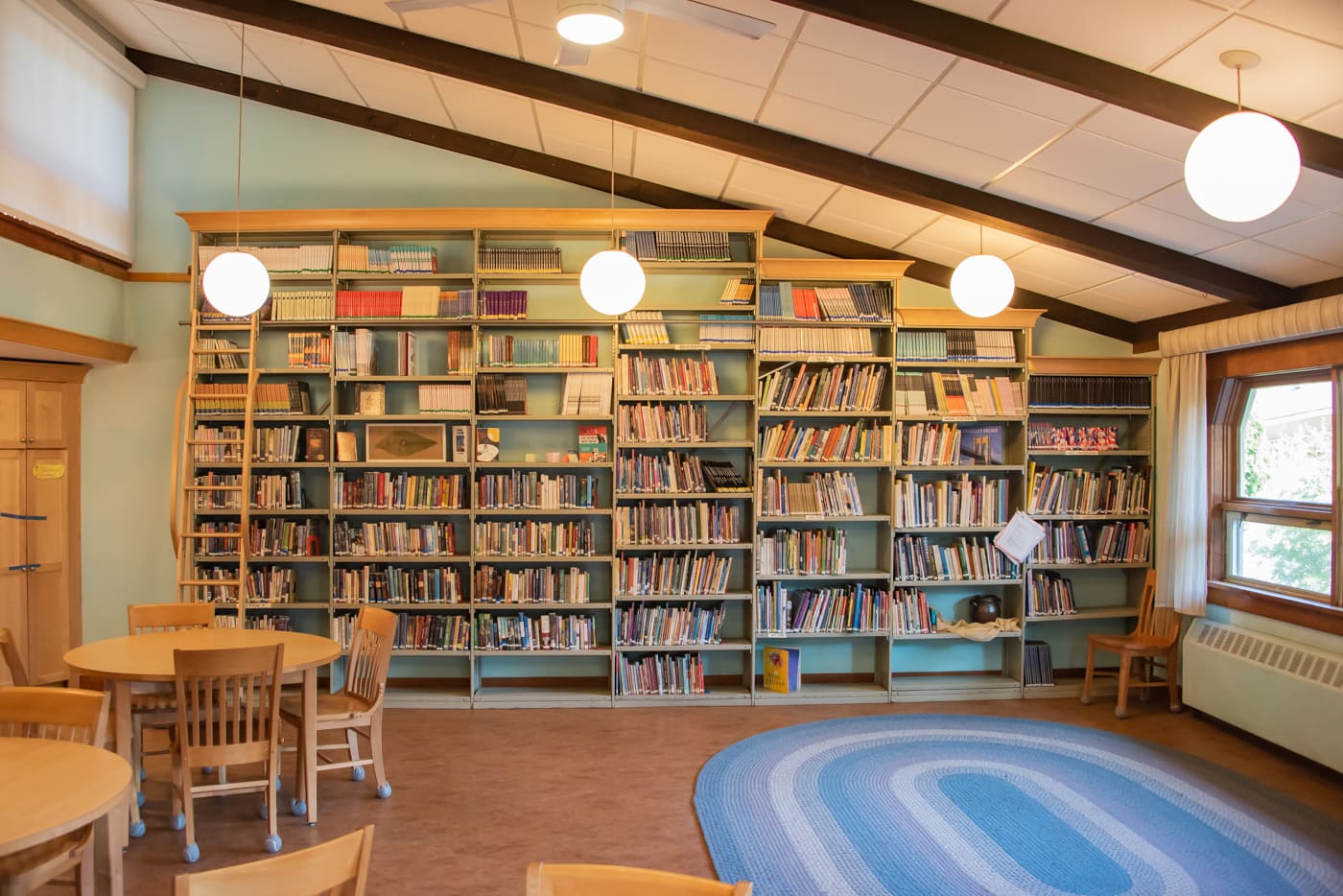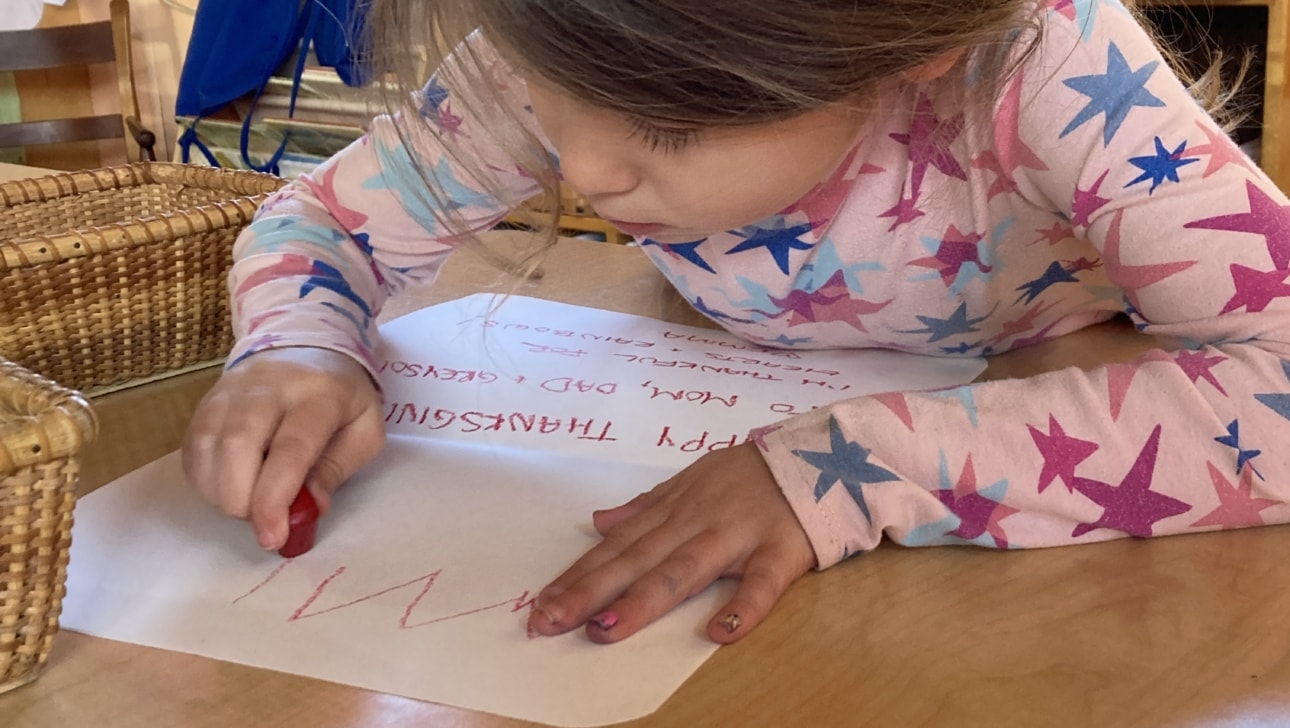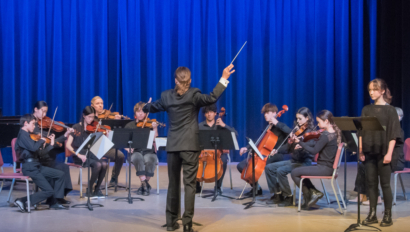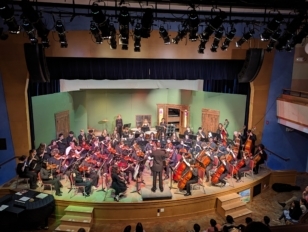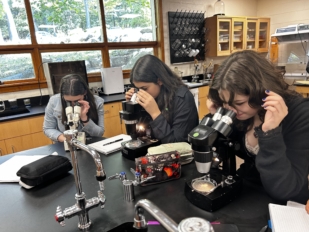Early childhood and elementary education lay the foundation for a child’s academic journey, shaping not only their cognitive development but also influencing their attitude towards learning. Moreover, a child’s self-image is developed at this time, and it will determine their sense of agency in facing challenges and overcoming difficulties throughout life. In this crucial phase, the emphasis of education should go far beyond rote memorization and standardized testing. Instead, we must prioritize meaningful learning experiences that inspire curiosity, interest, critical thinking, and a lifelong love for learning.
…we must prioritize meaningful learning experiences that inspire curiosity, interest, critical thinking, and a lifelong love for learning.
Meaningful learning refers to the process in which students link new information and experiences to relevant knowledge and concepts that they already possess. It seeks to achieve deep understanding through the contextualization of new knowledge with prior knowledge and real-life meaningful experiences. It involves higher-order thinking, intellectual engagement, pattern recognition, and concept association.
Meaningful learning is a gateway to cultivating curiosity and interest in the world around us. Rather than focusing solely on facts and figures, Waldorf education offers experiences and exposes children to the world in a way that sparks genuine interest and encourages an inquisitive attitude. Ample time in nature; time to ponder, imagine and discern; stories that draw upon real-life experiences and spark the imagination; time to observe, think and make conclusions; creating, building, designing with their own hands; engaging in purposeful, real work; these are all examples of such meaningful experiences.
When students are engaged in topics that resonate with their own interests, life experiences, and which are developmentally appropriate, they are more likely to ask questions, seek answers, and develop a genuine love of learning. Curiosity and critical inquiry become the driving forces behind their academic pursuits, fostering a positive attitude towards education and life.
Meaningful learning promotes the development of critical thinking skills, essential for success in our time. Now, more than ever, it is important that children are taught to discern between science and pseudo-science, between what is true, and what is not. Students need to move beyond memorization and actively analyze information, make connections, and draw conclusions out of their own knowledge and experiences. This can only be achieved by offering students ample time to ponder, experience, reflect, and consider the possibilities they are faced with. It can only happen if children are given the space and time to learn, explore, experiment and reflect time and again, rather than being given facts and ready made answers to believe blindly, without any involvement or participation. When meaningful learning does happen, students are more likely to develop a strong sense of agency, the belief that their own thinking is accurate and reliable, and the certainty that they are capable of coming to valid conclusions out of themselves.
When meaningful learning does happen, students are more likely to develop a strong sense of agency, the belief that their own thinking is accurate and reliable, and the certainty that they are capable of coming to valid conclusions out of themselves.
At Green Meadow Waldorf School, lessons are designed to be authentic and meaningful, students are encouraged to think critically, solve problems, and apply knowledge to real-world situations that make sense to them, through engaging in hands-on experiences. Thus, they develop skills that are not only beneficial in academic settings but are also crucial for future success in various aspects of life, where they will need to make decisions based upon their own deliberations.
The goal of Waldorf education goes beyond preparing students for the next grade; it is about instilling a love for lifelong learning. Meaningful learning experiences create a positive association with education, making students more likely to view learning as an enjoyable and fulfilling endeavor. When children understand the relevance of what they are learning and see how it connects to the world around them, they are more likely to approach new challenges with enthusiasm and a growth mindset. They are more likely to feel a sense of belonging and accomplishment. They are more likely to find contentment and happiness throughout their lives.
Meaningful learning experiences provide opportunities for collaboration, communication, and empathy. Working and playing together, collaborating to create music and art, learning from each other, participating in collaborative projects and discussions, help children develop essential interpersonal skills, preparing them for success not only in their academic journey but also in future professional and personal endeavors.
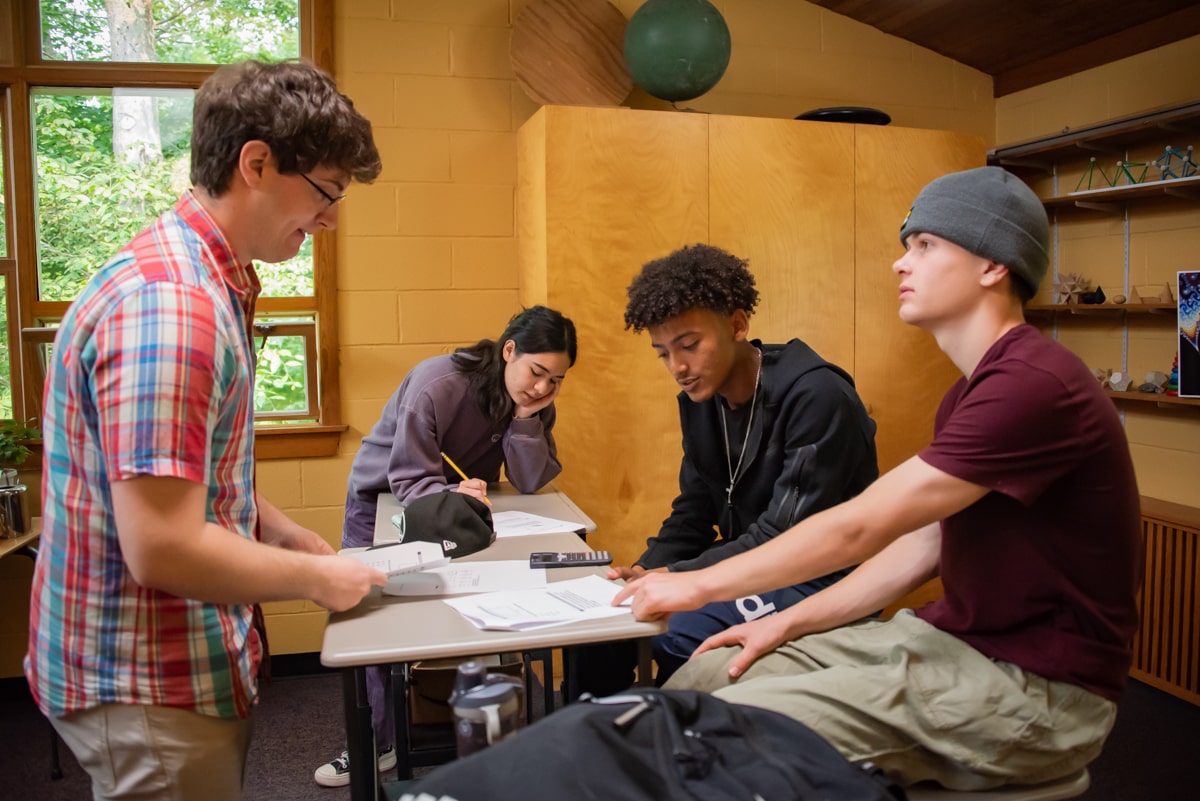
A meaningful education builds a strong foundation for future learning. When students are actively engaged in the learning process, they are more likely to retain information and apply it in more advanced contexts. This foundation becomes a springboard for success in higher education and beyond, as students are equipped with not only a wealth of knowledge but also with the skills necessary to navigate complex challenges in all spheres of life.
Every child learns differently, and Waldorf education takes into account the diverse ways in which students learn and develop. By incorporating a variety of experiences every day in the classroom and beyond, such as hands-on creative activities, visual arts, movement, sports, practical and performing arts, and group projects in the classroom and beyond, Waldorf education caters to different learning styles. This inclusivity ensures that each student has the opportunity to succeed and thrive in the learning environment, fostering a sense of belonging and empowerment.
Meaningful learning is the key to unlocking a child’s full potential, nurturing curiosity, fostering critical thinking, and building a strong foundation for a lifetime of true, joyful learning.
